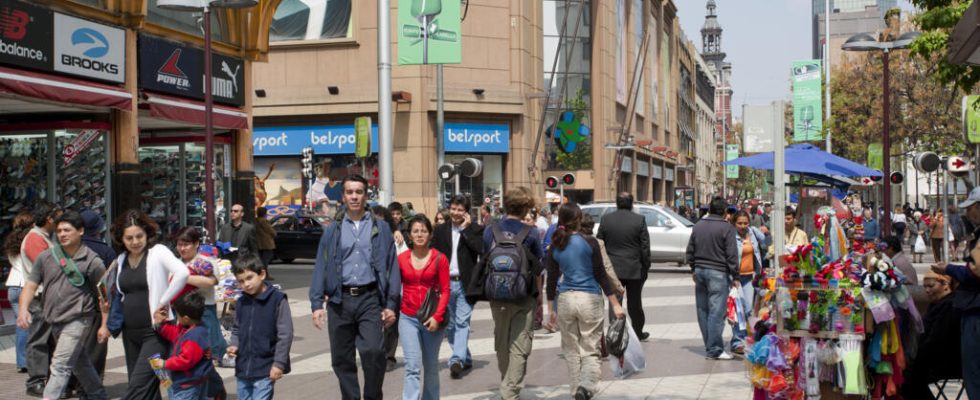After six years of parliamentary shuttle, the law was finally adopted last year under the leadership of the left-wing government of Gabriel Boric, and the measure comes into force this Friday, April 26. The country thus joins Ecuador and Venezuela, the only ones in Latin America to have adopted the 40-hour week. But in Chile, several structures and companies did not wait for the law to reduce their working hours. Illustration in a nursery in the east of the capital at the foot of the Andes mountain range.
2 mins
With our correspondent in Santiago, Naïla Derroisné
In this private nursery, the 40-hour week was implemented three years ago, says Andrea Ibaceta, director of the establishment which has six employees, all women. “ We work in turns. The first arrives at 7 a.m. and finishes at 4:30 p.m. and the last starts at 10:30 a.m. and finishes at 7:30 p.m. »
“ It’s a question of will and organization », says Andrea who before opening her daycare, worked in the public sector, 45 hours a week. Difficulty compatible with family life. “ I arrived home at 7:30 p.m. Plus, I worked in the center so with transportation, it was torture! I didn’t take advantage of my children. I then left my job and it was important to me that my future employees could also have time to be with their families. »
But also have time for yourself. This is what Sandra, a child educator for 35 years, appreciates. She has worked 45 hours all her life, the 40 hours, so it’s a small revolution. “ I take advantage of this to carry out administrative procedures. It’s also easier to make an appointment with the doctor. Or even to go visit a friend, I get off work earlier and the weekend is a little longer. I have more time for myself, to rest. »
The reduction in working hours will be implemented little by little to finally reach the 40-hour week in 2028.
